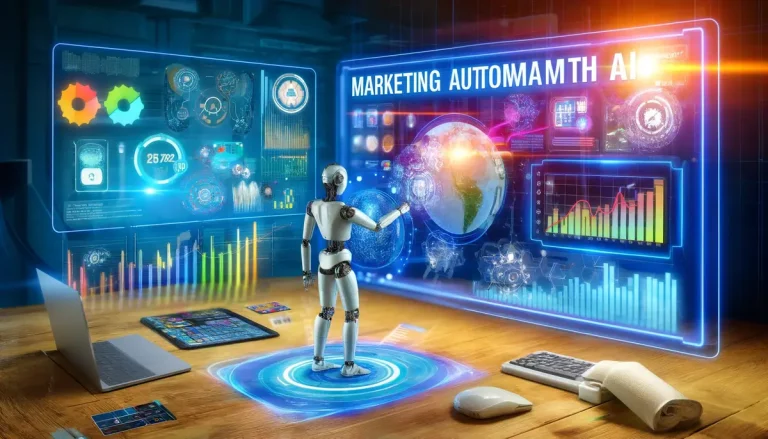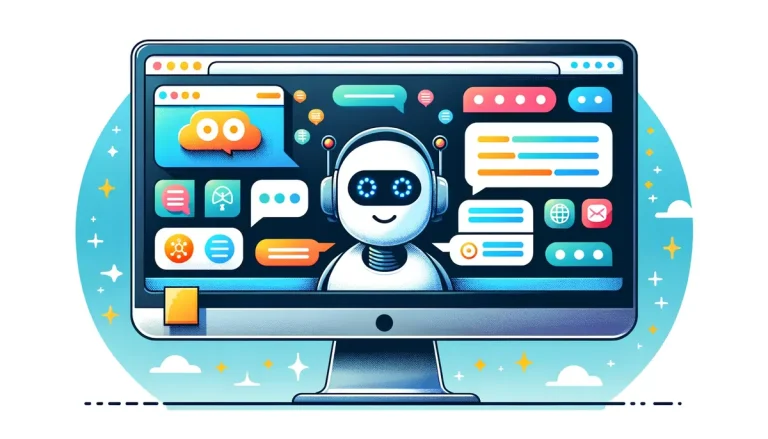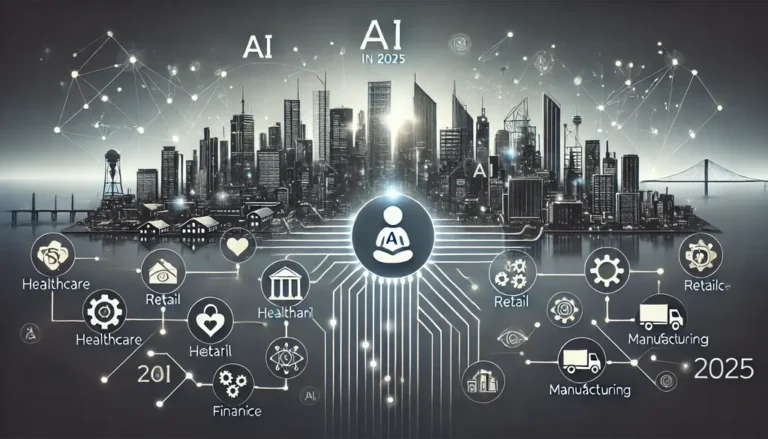AI has transitioned from a futuristic concept to a fundamental business tool. With its growing significance, companies across the globe are now grappling with a critical question: “Which AI business model is right for us?”
Understanding the diverse AI business models is essential in leveraging their potential to revolutionize operations, enhance customer experiences, and drive innovation.
Read also: How to Boost Small Business Sales in 3 Simple Steps
Understanding AI Business Models
AI business models represent the strategic blueprint for deploying artificial intelligence to generate value and revenue. As AI technology evolves, these models are continually reshaped, reflecting the dynamic interplay between technological advancements and market demands.
AI as a Product
This model involves selling AI-based software and platforms to customers. Companies like IBM and Google have excelled in this space, offering AI solutions that range from natural language processing to predictive analytics.
AI as a Service (AIaaS)
AIaaS allows businesses to access AI capabilities via cloud services. This model eliminates the need for significant initial investment in AI infrastructure, making cutting-edge AI accessible to a broader range of businesses.
AI-Enabled Products and Services
Incorporating AI into existing products and services can significantly enhance their value. For example, AI has transformed ordinary household appliances into smart devices capable of learning from user behavior to improve functionality.
Data Monetization
Businesses can use AI to analyze and derive insights from their data, creating new revenue streams. However, this model requires careful consideration of data privacy and ethical implications.
Custom AI Solutions
Tailored AI solutions meet specific business needs. This model often involves collaboration with AI development firms to create custom solutions that address unique business challenges.
AI in Customer Experience
AI has the power to revolutionize customer service by providing personalized experiences and 24/7 support through chatbots and virtual assistants.
AI for Business Process Optimization
Businesses are deploying AI to automate routine tasks, optimize workflows, and enhance operational efficiencies, leading to cost savings and improved performance.
AI in Marketing and Sales
AI tools in marketing and sales enable businesses to analyze vast amounts of data, predict customer behavior, personalize marketing campaigns, and optimize sales strategies.
AI and Supply Chain Management
In supply chain management, AI offers predictive insights for inventory management, demand forecasting, and logistics optimization, reducing costs and improving efficiency.
AI in Human Resources
From screening resumes to managing employee engagement, AI is automating and enhancing various HR processes, allowing HR professionals to focus on more strategic tasks.
Subscription-Based AI Models
Subscription-based AI models provide ongoing AI services for a recurring fee. This approach ensures a steady revenue stream but requires continuous innovation to retain customer interest.
AI in Research and Development
AI accelerates the R&D process, reducing time-to-market for new products. It’s particularly impactful in sectors like pharmaceuticals, where AI aids in faster drug discovery and development.
AI and the Internet of Things (IoT)
The integration of AI with IoT devices is spawning innovative business models. AI-driven analysis of IoT data is unlocking new levels of efficiency and insight.
AI in Analytics and Insights
AI-driven analytics convert raw data into meaningful insights, aiding businesses in making data-driven decisions and staying ahead of market trends.
AI in Financial Services
In finance, AI is being used for everything from risk assessment to algorithmic trading, transforming the sector with enhanced efficiency, accuracy, and customer service.
AI in Healthcare
AI in healthcare is revolutionizing patient care, diagnostics, and treatment planning. It’s enabling personalized medicine and more accurate diagnostics.
Ethical AI Business Models
Developing ethical AI business models is crucial. Companies must navigate AI ethics and regulatory compliance to ensure responsible use of AI technology.
Choosing the Right AI Business Model
Selecting an AI business model requires a thorough understanding of your business needs, technological capabilities, and strategic objectives. It’s about finding the right fit to harness AI’s potential effectively.
The Future of AI in Business
As we look to the future, AI’s role in business is set to expand exponentially. Choosing the right AI business model is critical for companies aiming to harness AI’s power for innovation, efficiency, and competitive advantage.
The journey to AI integration is complex but, with the right approach, can lead to transformative business outcomes.







